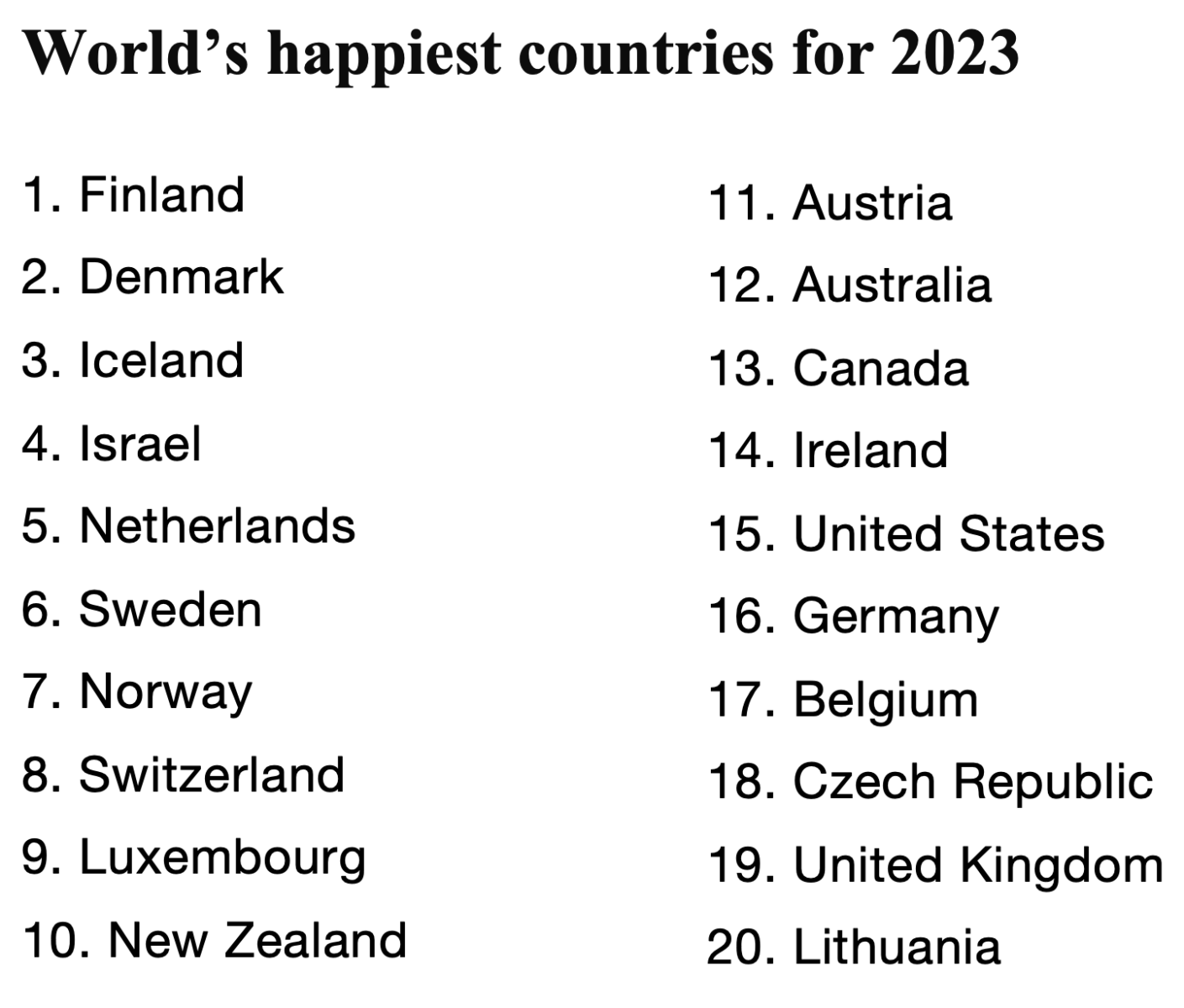Note: We are off to California and Arizona for a few events later this week; publishing will be spotty…
Welcome to Spring! Start the new season with our Two-for-Tuesday morning train reads:
• Are Banks OK? Where the sector stands after a turbulent week. (Slate) see also Déjà Vu? Why 2023 is Not 2008: But that is incomparable to the 2008-09 era, where every financial institution had consumed CDOs, where toxic sub-prime loans were securitized into ticking time bombs. In the run-up to the GFC, the Fed’s rate-hiking cycle caused the 2/28 variable rate NINJA loans to default en masse. While there might be some losses on long-term treasuries if they are marked-to-market, they are all “money good” if held to maturity. (The Big Picture)
• The good news: Anyway, the Europeans take a stake in First Boston and then, a decade later in the late 80’s, they buy the rest of the company, creating Credit Suisse First Boston. Then the combined entity swallows up Donaldson Lufkin Jenrette (DLJ, if you were there), an even more vaunted and famous name on The Street. It’s a fail from day one. The dot com crash happens followed a few years later by the financial crisis. CS is embroiled in scandals and losses for an entire decade from the twin crises and never really has a chance to succeed as a combined entity. It has always been a disaster but with a few great pieces. (TRB)
• Before Collapse of Silicon Valley Bank, the Fed Spotted Big Problems: The bank was using an incorrect model as it assessed its own risks amid rising interest rates, and spent much of 2022 under a supervisory review. (New York Times) see also Small banks, big reach: Everything you wanted to know about US regional banks but were too afraid (bored) to ask. (Financial Times)
• As Winter Wanes, Prices Continue to Cool: Inflation is easing even more than headline data suggest. (Fisher Investments)
• The 10 Top US Cities Where a $100,000 Salary Goes the Furthest: Here are the top 10 US cities where a six-figure salary goes the furthest. (Bloomberg) see also In New York City, a $100,000 Salary Feels Like $36,000: After taxes and adjusting for the sky-high cost of living, a six-figure paycheck doesn’t take you as far as you might expect. (Bloomberg)
• Signature Bank’s Quirky Mix of Customers Fueled Its Rise and Hastened Its Fall: Foray into crypto set the stage for a deposit run that overwhelmed the New York lender in a matter of hours. (Wall Street Journal)
• Elon Musk’s Cost-Cutting Targets Put Pressure on EV Rivals: GM, Ford, Volkswagen face questions about efforts to slash costs for future vehicles. (Wall Street Journal) but see Volkswagen is developing its smallest, most affordable ID 1 EV starting around $20K: Volkswagen is preparing to launch its smallest, most affordable EV yet, tipped to be called ID 1, starting at around $20K. The VW ID 1 is expected to launch in 2027 and will sit below the recently revealed ID 2all concept. (Electrek)
• The Psychology of Overhead Aversion—and What It Means for Charitable Work: Philanthropy has always emphasized the enormous potential and impact of giving. Many of us believe in the power of giving to create meaningful change. In the United States alone, individuals donated close to $300 billion to charity in 2019. Even in the market of good intentions, however, it’s important to provide some economic incentives to drive organizations. (Behavioral Scientist)
• The biggest lie the rich ever told? That money can’t buy you happiness: New studies confirm that having more money can improve our wellbeing. So much for the story powerful people have always tried to push (The Guardian) see also How Much Money Buys Happiness? “Does money buy happiness?” is really asking the wrong thing. Perhaps a better question is framed as “What is the value of money beyond its basic utility for survival? Where do the laws of diminishing returns kick in? (The Big Picture)
• The odds of a perfect March Madness bracket: 1 in 9.2 quintillion: Those odds improve to a slightly more “reasonable” 1 in 120.2 billion if you “know a little something about basketball.” For context: The odds of getting struck by lightning in your lifetime are 1 in 15,300, according to the National Weather Service. (Axios)
Be sure to check out our Masters in Business this week with Cliff Asness, co-founder and chief investment officer at AQR Capital Management. The quant firm manages $100 billion in 40 diversified strategies across equity and alternatives, applying mathematics to market data and making evidence-based investments. His published research can be found at Cliff’s Perspectives.
Surprising Datapoint of the Day:

Source: CNN

